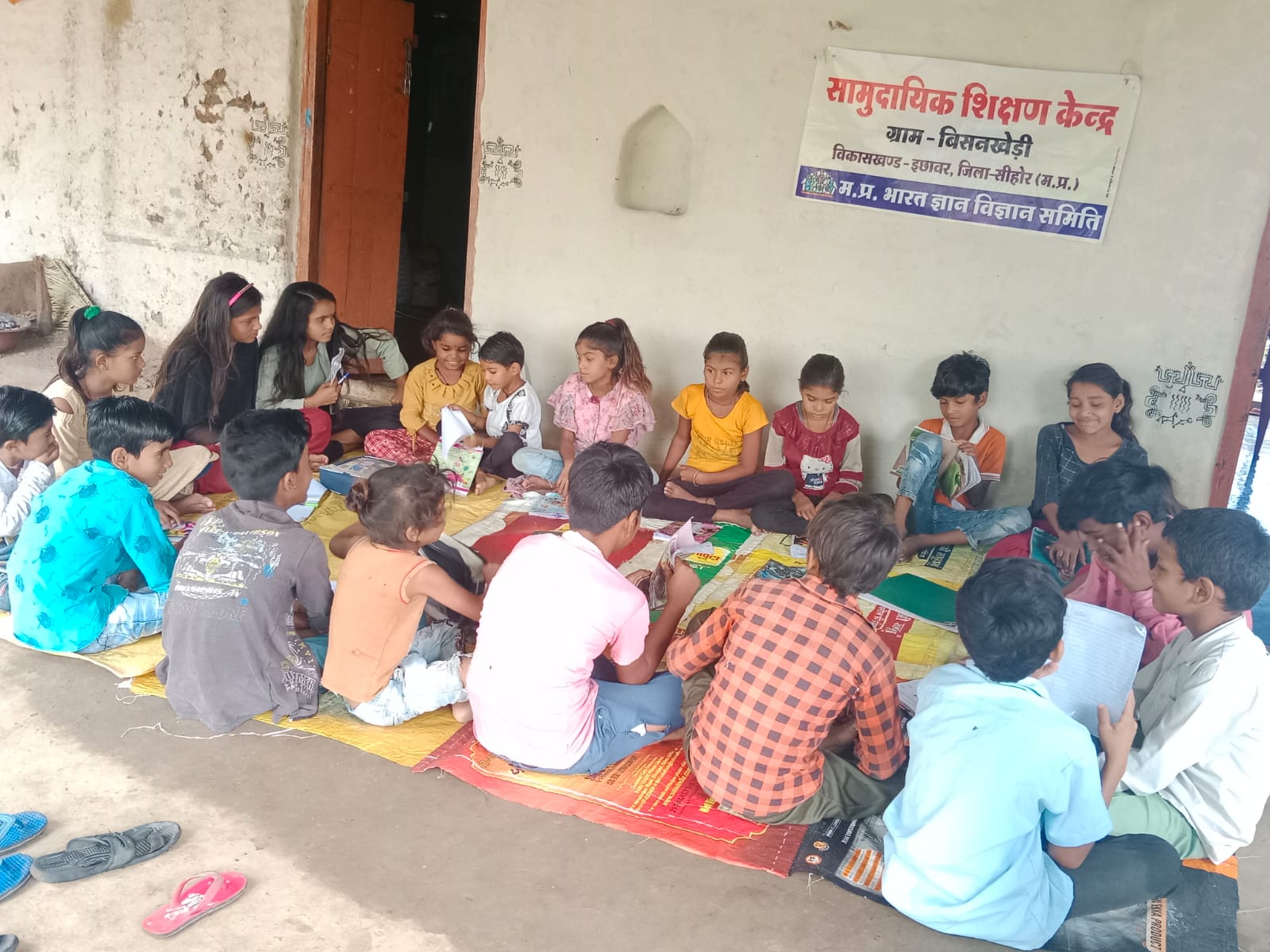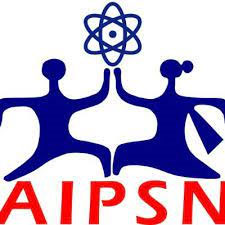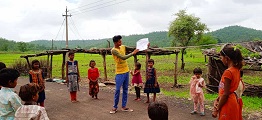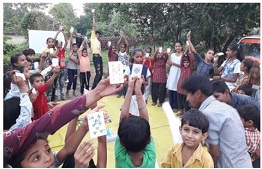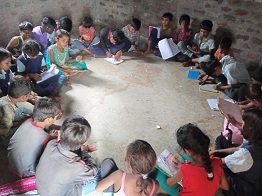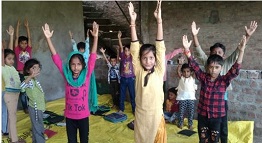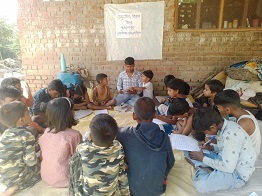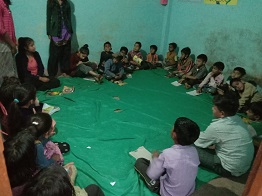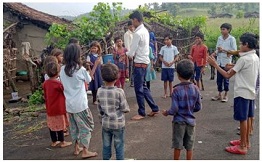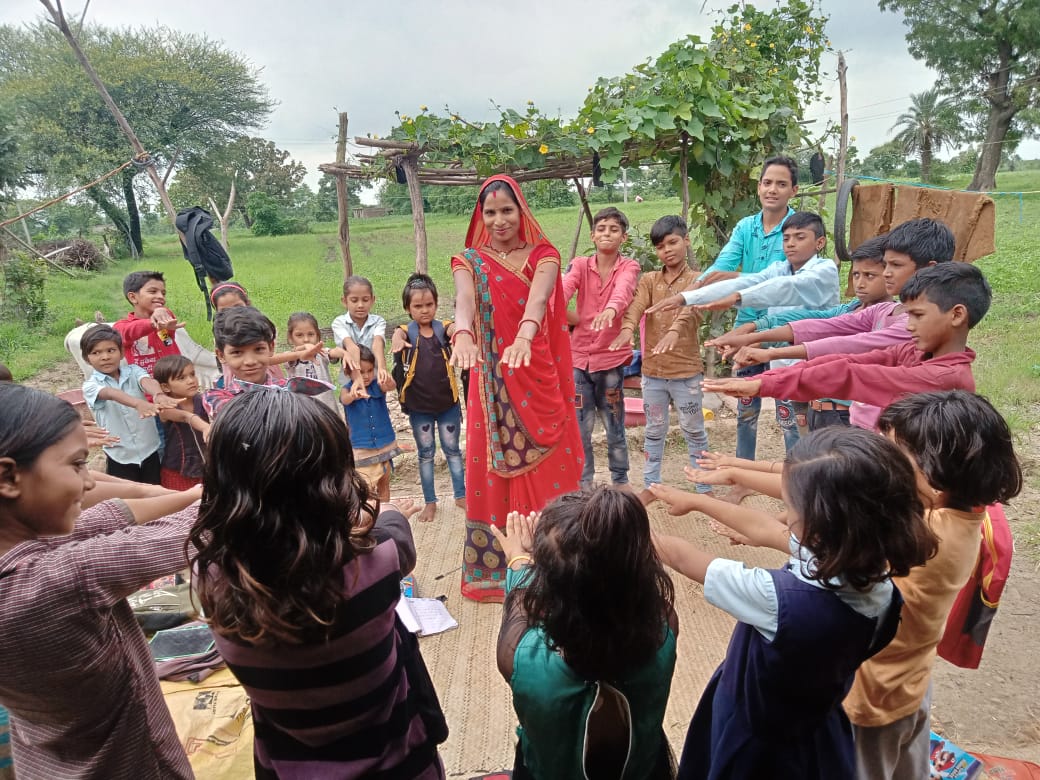All India People’s Science Network (AIPSN) is an independent, registered, non-profit organization. AIPSN is a network of over forty People’s Science organizations spread all over the country. It is a network of activist organizations involved in Education, Health, Livelihood, Science Popularization etc.
While recognizing the importance of micro-level grass roots work at the community level – like opening schools, running literacy classes, working for the improvement of environment and livelihood, AIPSN believes that the challenge is to use such work to bring in policy changes so that the micro efforts are mainstreamed to benefit a larger number of people. The volunteers are at the heart of AIPSN. The volunteers are school teachers, rural youth, women from self-help groups, farmers, and also scientists, academicians, and journalists from urban and semi-urban areas.
During the Covid -19 pandemic, schools were closed and a vast number of children, especially children from marginalized sections were out of any form of education. Children from many families could not access the online education. For millions of children and youth from disadvantaged backgrounds, school closure meant the loss of a vital safety net – of nutrition, protection and emotional support. Child labour, child abuse, child marriage, lack of interest in studying and learning loss were just some of the long-term threats for children who missed out on school. The longer children stayed out of school, the less likely they were to ever return. To address the psycho-social and emotional need of the children, AIPSN set up Community Learning Centers (CLCs).These Community Learning Centers were set up in a home or some community hall easily accessible to the learners from the habitat. Teachers were identified to engage the children in these learning centers.
As the schools reopened, socio-economically deprived children encountered the changed dynamics of teaching-learning in physical classes, due to the digital divide during the pandemic. All this underlined the need for personalized support systems at the community level to close learning gaps and promote psycho-social well-being.


